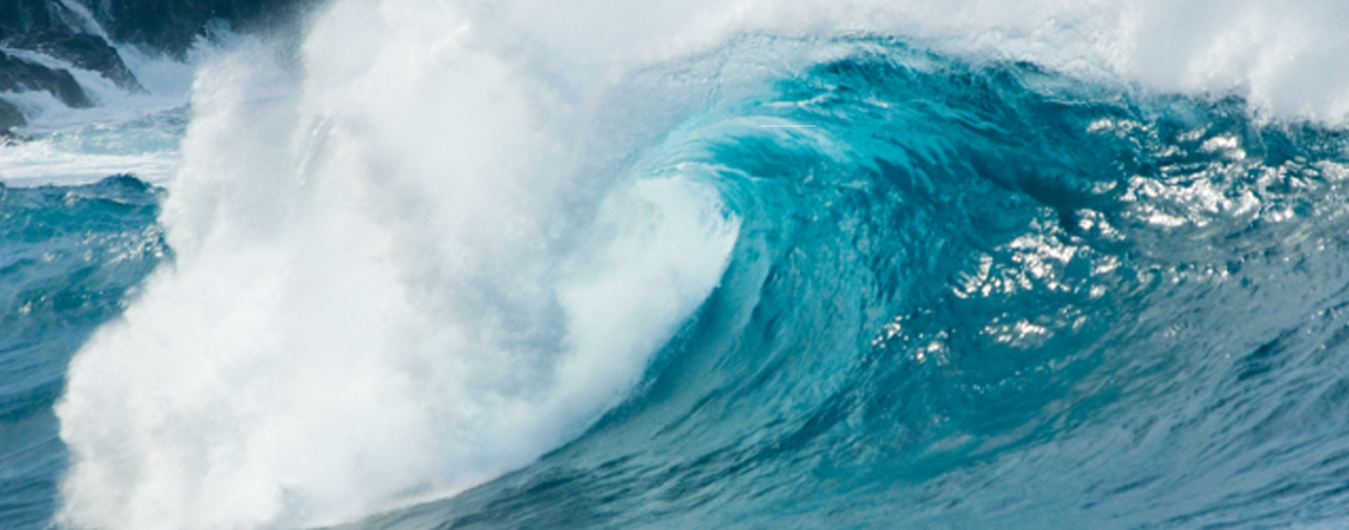11 July 2010
Ray Wills, CEO
Western Australian Sustainable Energy Association Inc. (WA SEA)
Website: www.wasea.com.au
Email: info@wasea.com.au
The Western Australian Sustainable Energy Association Inc. (WA SEA), established on 11 July 2002 to promote the development of a sustainable energy industry as a solution to reducing Australia’s greenhouse gas emissions, turns eight years old today.
The first meeting of the Association in 2002 set a target for WA SEA membership of 100.
As of our birthday, WA SEA now has over 330 members, making WA SEA the largest energy industry chamber in Australia.
WA SEA has a very diverse membership from architects and builders, urban and transport planners, engineers and energy efficiency consultants, lawyers and greenhouse auditors, all the way through to renewable energy manufacturers and generators. In addition, WA SEA has a whole raft of customers who are buying those goods or services and that are interested in seeing a strong market develop to ensure the availability competitive pricing and a diversity of providers, says WA SEA Chief Executive, Prof. Ray Wills.
The diversity of WA SEA membership is reflected in our corporate members & sponsoring members, including the key energy players in Western Australia, make the largest financial contribution to the advocacy work of the Association, ensuring WA SEA is well resourced.
On our birthday, WA SEA acknowledges our Corporate Members: AECOM, Alinta, Austech Solar, BGC, BHP Billiton Iron Ore, Carnegie Corporation, Curtin University of Technology, Edardes Solar Hot Water, Enhance Group, Gull Group of Companies, Horizon Power, Landfill Gas & Power, Mitsubishi Motors, Pacifichydro, Perth Energy, Rio Tinto, SMA Technology Australia, Solahart, Swan Energy, SunPower Corporation, Synergy, Toyota WA, The University of Western Australia, Wesfarmers Limited, Western Power, and WorleyParsons.
We also acknowledge the important support provided by each and every WA SEA Member, many of whom also contribute their time to assist in policy development and advocacy work, says Prof Wills.
This includes many founding members & businesses large and small such as SolaKleen Smalls Solar, Outback Energy Supply, Solahart, Solar Dwellings, Perth Energy, Fremantle Ports, Pacific Hydro Ltd, WA Solar Supplies, Alinta, the City of Gosnells, Exibit, the City of Melville and many more of our earliest supporters who helped establish WA SEA.
WA SEA now gets on average two new membership applications every week, with growth across a broad spectrum of industry and across whole supply chains, a reflection of the strong level of support from the business community to see policy settings from government for urgent and strong action on reducing greenhouse gas emissions to create a strong stimulus in the development of sustainable energy as a part of the solution.
Indeed, our success in growing up to be Australia’s largest energy chamber reflects business desire to see action from all Australian governments to deploy sustainable energy solutions and support measures that reduce Australia’s greenhouse gas emissions, explains Prof Wills.
Leveraging new and existing technologies can make use of Australia’s endless supply of renewable energy & energy that will grow Australia’s energy security and economy without adding to carbon emissions in Australia, says Prof Wills.
WA SEA continues to expand its range of activities with new initiatives including:
– A “Green Fleet Day” in November this year to be run in partnership with WA SEA members, WA vehicle fleet managers and all motor vehicle manufacturers;
– a major international conference: Energising South East Asia conference to be held in Perth 23-26 March 2011;
– facilitation of a bid to create in 2011 a Cooperative Research Centre on electrified transport infrastructure in both urban and regional settings inclusive of both private and public transport, as well as commercial, industrial and mining applications. Key themes of the proposal are network interface and performance, transport mobility and usability;
– WA SEA’s continuing partnership with the Federal Government’s Enterprise Connect program through our delivery of complementary services to the Clean Energy Innovation Centre, not least of which is extensive value chain research on diverse elements of the sustainable energy sector: these include to date algal biofuels, biomass, building energy management, energy efficiency, energy storage, electric transport infrastructure, electric vehicles, microgeneration, solar hot water, solar PV, and wind turbines with many more planned; and
– Skills gap analysis on the sustainable energy sector in Western Australia, work supported by the Western Australian Government that will help support growth of the sustainable energy industry in Western Australia.
And of course WA SEA continues its numerous activities in advocacy and networking, focusing in particular on contributing to the Western Australian Government Strategic Energy Initiative (Energy 2030) consultations.





